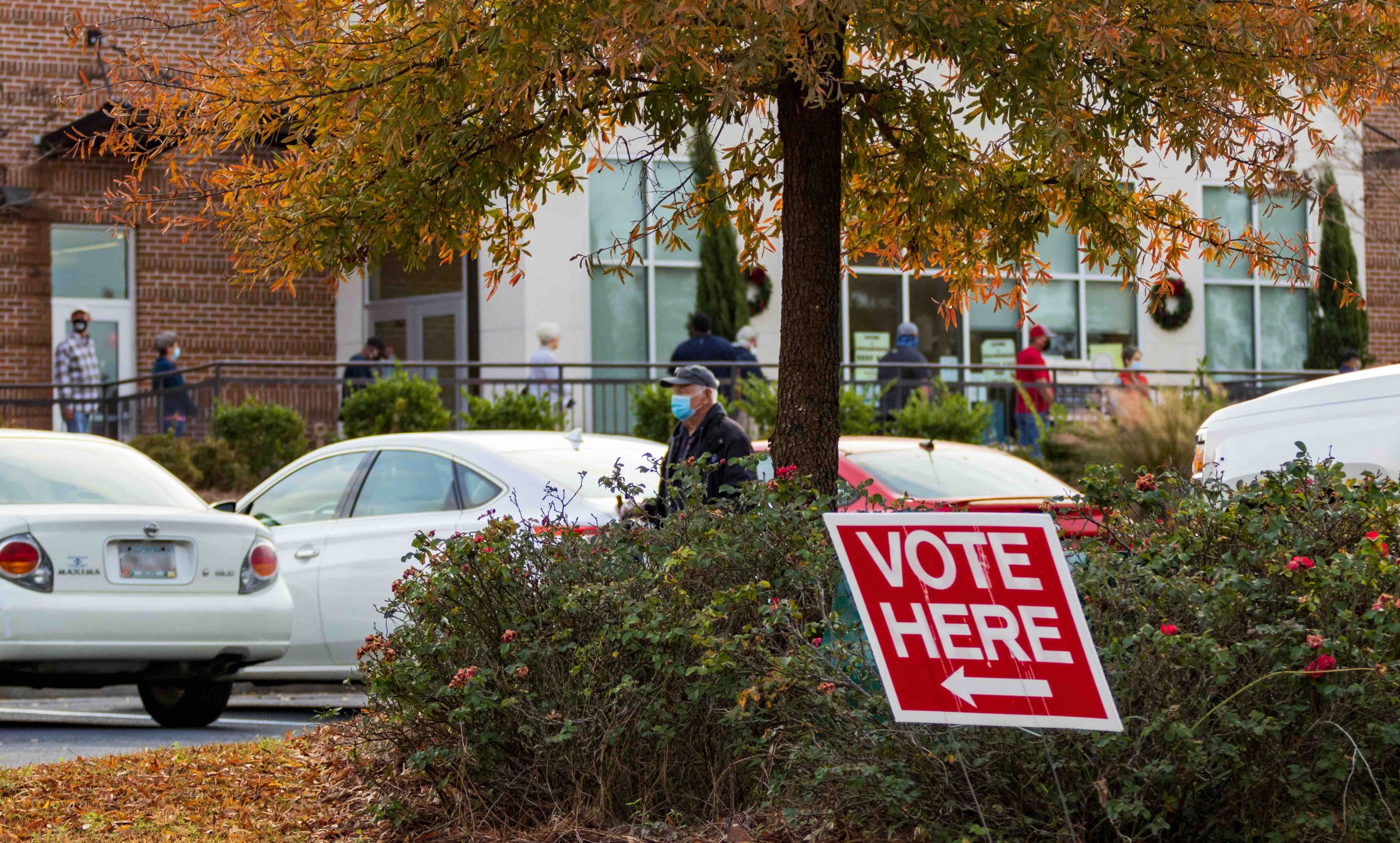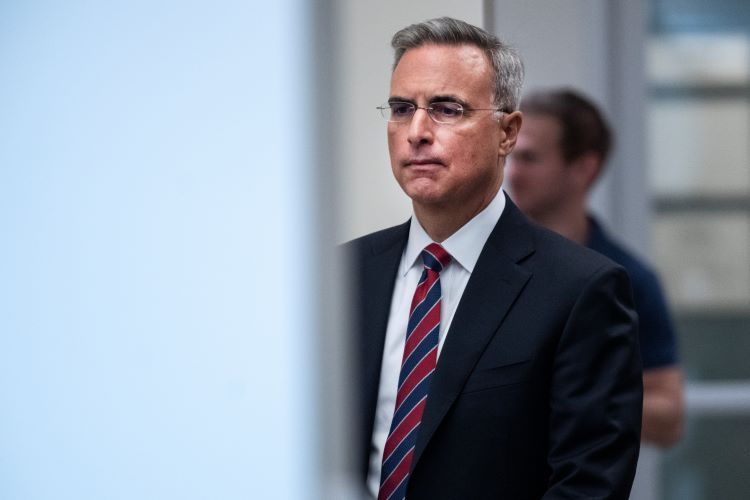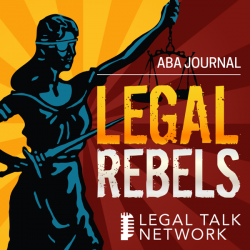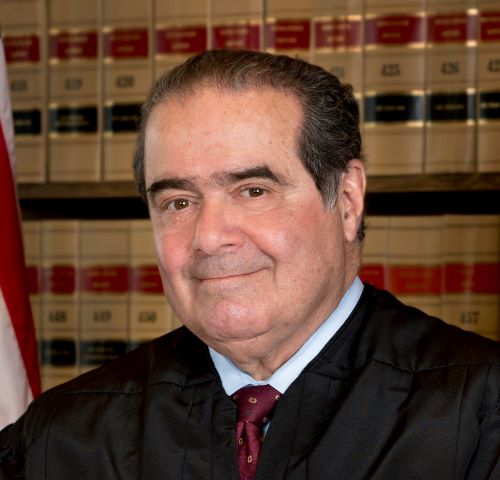As some jurisdictions consider bar exam alternatives, ABA Legal Ed section again looks at bar pass standard
Legal Education
As some jurisdictions consider bar exam alternatives, ABA Legal Ed section again looks at bar pass standard
August 19, 2022, 2:53 pm CDT
Image from Shutterstock.
Language for a controversial law school standard, which states that at least 75% of a law school’s graduates pass a bar within a two-year period, is being examined by the ABA Section of Legal Education and Admissions to the Bar—in light of some jurisdictions considering alternative paths to law licensure.
In January, the Oregon Supreme Court approved in concept attorney admission through law school programs and supervised practice—in addition to the bar exam.
Other jurisdictions studying the issue include California, Nevada, Minnesota and Washington.
The Legal Ed section’s suggestion is part of its standards review committee agenda for the coming year and detailed in an Aug. 3 memo. The proposal advises looking at Standard 316 wording to make sure that it accounts for alternative lawyer licensure pathways and does not “unduly dissuade” law schools and regulation agencies from exploring bar exam alternatives.
Also, the section’s council approved a standards review committee suggestion to assemble an ad-hoc group that will examine how transfer students affect law school bar passage rates.
Additional suggestions for further study, related to experiential learning, were also approved by the council. One considers increasing the required credit hours of experiential learning from six to 15. Supporters claim that this could help provide legal services in underserved communities and give more supervised professional practice opportunities for law students. This suggestion relates to Standard 303, which addresses curriculum.
The other proposal involves Standard 304, which focuses on experiential learning, to clarify that faculty and site supervisors are obligated to oversee student work in field placements and provide feedback.
Also, the council adopted the committee’s suggestion to review standards and rules identified by its managing director’s office as needing revision. That includes:
• Clarifying what law schools must provide for academic advising, under Standard 309 and Standard 404.
• Reviewing the definition of “conditional scholarship” and perhaps adding a definition to the standards.
• Moving the due date for administrative withdrawal of students who have not produced official transcripts from October to the end of the semester. Some students are unable to produce official transcripts because of financial holds, according to the memo, and many are students of color from “low socioeconomic backgrounds.”






